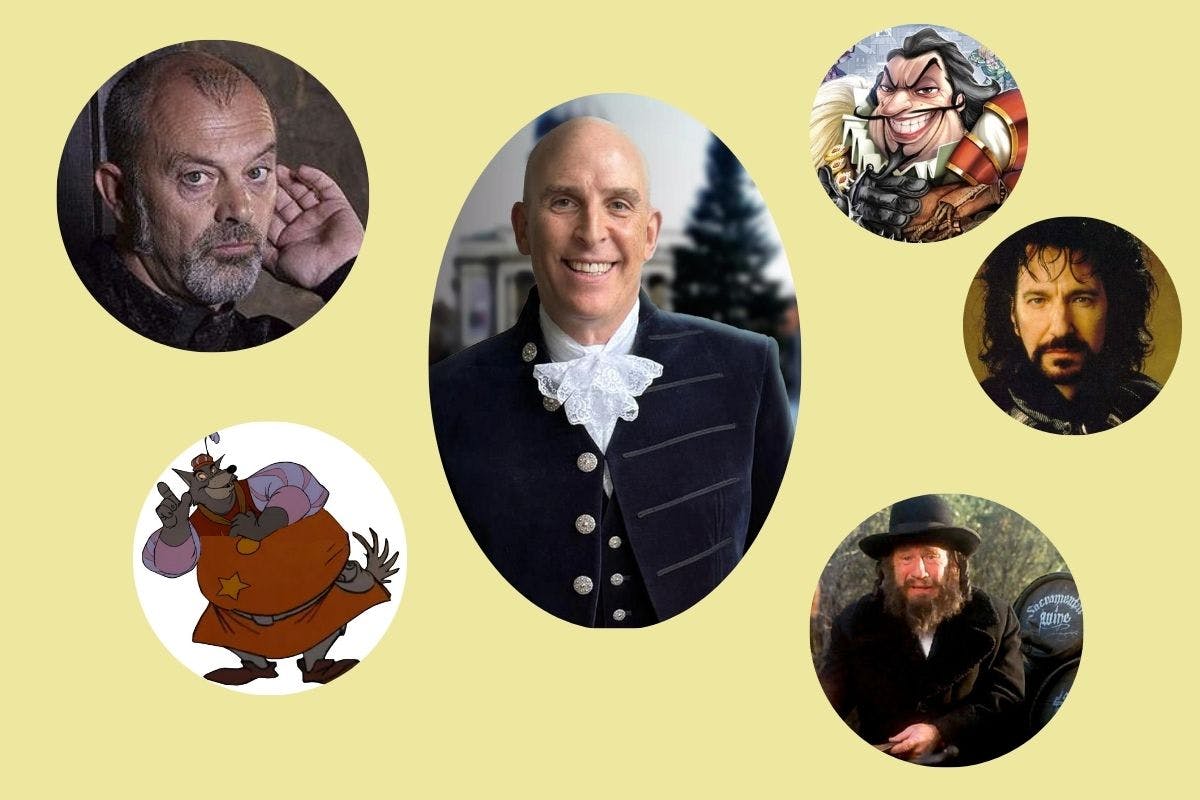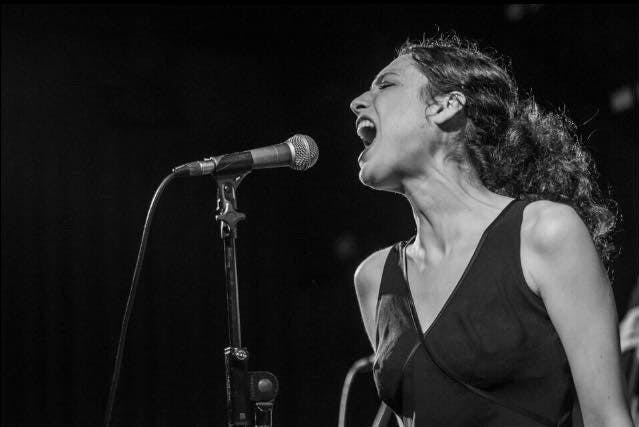Published: 10 May 2019
Last updated: 5 March 2024
First there was the turkey. A Christian who hid the sisters at his farm outside Warsaw trained the bird to make an atrocious noise to alert them to German patrols.
Then there was the tomato soup they ordered at a Warsaw restaurant, when two German officers suddenly walked in and took their father, Stefan. The girls, then aged eight and10, were sitting, stunned, when the waitress carrying the bowls spilled the soup on Tosia’s fancy white dress.
“She leaned down to wipe the stain, and whispered, ‘Run children’,” Kolt told Irris Makler, author of a new book of recipes from Holocaust survivors, Just Add Love. The girls, who were taken in by a convent and pretended to be Christians, never saw their father again. They’re just a couple of the unexpected stories – ones that defy imagination, no matter how well-versed one is in Holocaust history – to come out of the cookbook, which celebrates not only the recipes from vanished Jewish communities across Russia, Europe and North Africa, but the resilience of those who came from them, and survived, despite the odds.
Makler, an Australian-born journalist who works as a foreign correspondent in Jerusalem, decided to create the cookbook, which came out last month, and will be launched in Melbourne on May 19, after a “manic searching” to find a recipe for a honey cake that approximated one made by her late grandmother, Lea. Makler felt “guilt” that she never wrote the recipe down.
“I wanted everyone to have their grandmother’s honey cake recipe,” she says, adding that she discovered that those who had great recipes also had a lot to teach us about how to live.
But even Makler, who has witnessed all manner of human behaviour, having previously been based in Moscow, London, and Afghanistan - where she was one of the first journalists in the country after the 9/11 attacks - was surprised by what she learned during her research. “They’re all very generous,” she says, of the 23 grandmothers, and two grandfathers who contribute to the book. “So they’ll tell me these terrible stories, truly terrible stories, and then they’ll say, ‘But you know, other women had it worse.’”
This is what Melbourne great-grandmother Marysia Segan, 90 – who contributes a “day and night” cake recipe - says to me, after relating the last time she spoke to her mother. Segan was 14, and her mother had just seen two German officers walking up the road towards the house they were being sheltered in, in Poland. “She said to me, ‘Take that bag, a rucksack, and go into the forest, and wait for me … don’t come back until it’s safe.’” Segan never saw her mother again. Years later she learned her mother had been executed that day.
“But, basically,” says Segan, who delights in cooking two kilos of cutlets a week for a granddaughter who recently had a child, “I suffered very little, comparing to others.”
Makler continues: “And then the women who can’t say that, because they’ve really seen the worst that one human being can do to another, they’ll say, ‘I survived because of the help of a mother, sister, friend, cousin.’” She gives the example of Annetta Able and Stephanie Heller, identical twins from Prague who were experimented on by Dr Josef Mengele in Auschwitz.
“They said to me, ‘We survived because of each other, and we were optimistic that we would survive, because we were together. Hope brings you further’,” says Makler. “And I thought, ‘wow’, that’s such an extraordinary sentence, it’s not something you expect to hear from people who were in Dr Mengele’s section in Auschwitz.”
It’s a hopefulness and generosity of spirit that is mirrored in many of the recipes in the book.
Heller– who lives around the corner from her sister in Melbourne – says, in the book, that Able’s chicken soup is “much better than mine … She always says my goulash is not spicy enough. So maybe hers is better than mine, too.” (Able’s goulash recipe is featured in the book.)
Another thread that runs through the book is the power of food to evoke memories for people who frequently have no physical reminders of the past – who escaped not only without their loved ones, but with not one photo of them – and who have blocked out so many memories, too, largely due to the trauma they suffered.
“I wasn’t aware that it, that it was so painful,” says Melbourne grandmother Rita Ross, 84, of her hiding for two and a half years in the tiny apartment of a Polish Christian railway worker, and his pregnant wife and two children, who risked their lives to save her family, and another Jewish family. Ross, who entered the apartment at age seven, was unable to look out the window, or leave the room the entire time.
“I completely blocked the way [for memories], that must’ve been my way of coping with it.”
Ross’s voice becomes quieter, and steelier, when she recalls the kindness of her late father, Sama, who suffered from numerous ailments after the war, including stomach ulcers, the result, thinks Ross, “of the trauma and tension that he suffered”.
“He was advised by a doctor, he mustn’t eat the dark bread [which] was all that was available in Poland at the time,” says Ross, who has contributed a recipe for duck in hoisin sauce. “But the white bread was very, very, very expensive, and my mother used to buy it for my father only. Now my father would insist that I must have a little bit of it, otherwise he said he won’t eat it.” She pauses. “Those things you don’t forget.”
So, too, has Ross’s story of unlikely survival – and the other stories of heroic rescues in the book – permanently marked Makler.
“They’re so breathtaking, it gives you a shard of hope,” she says. “You think, maybe I would be like this, maybe I would be human, and not …Maybe I would find this greatness in myself, you hope.”
Just Add Love: Holocaust Survivors Share Their Stories And Recipes (Black Inc.) by Irris Makler, will be launched at the Jewish Museum of Australia in Melbourne on May 19.



